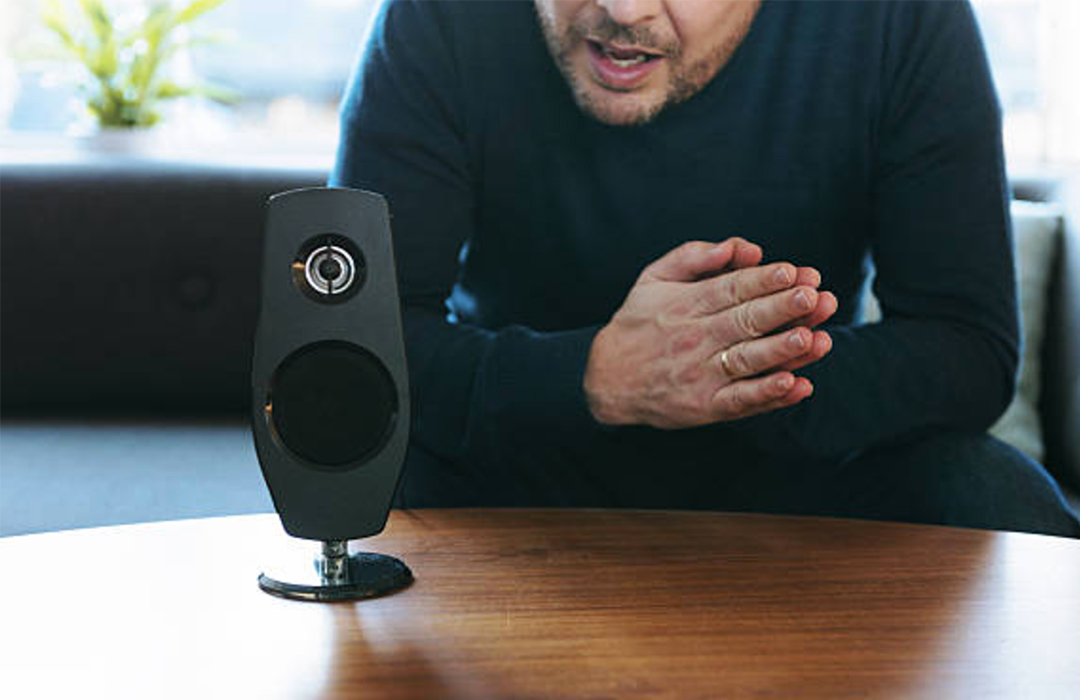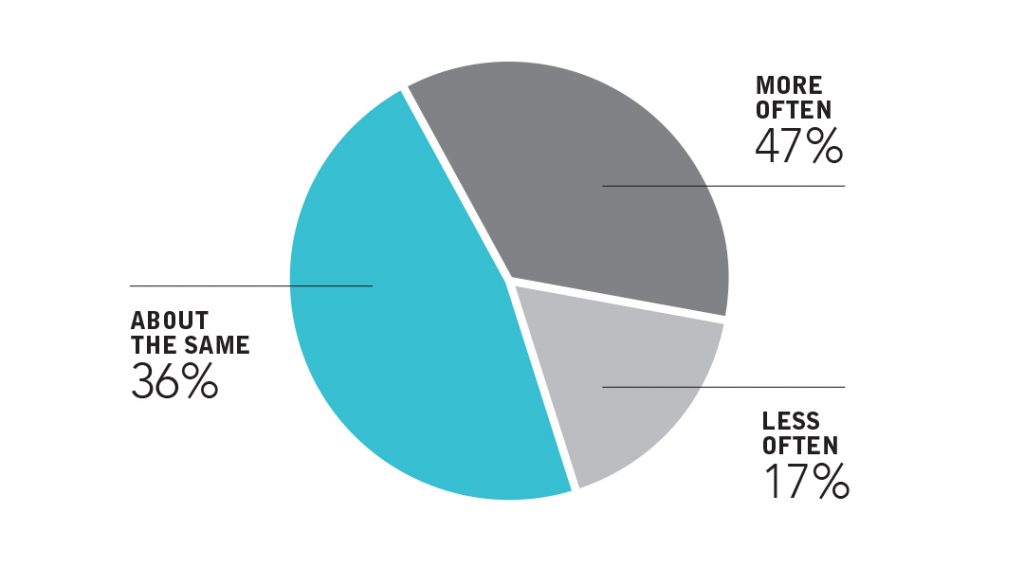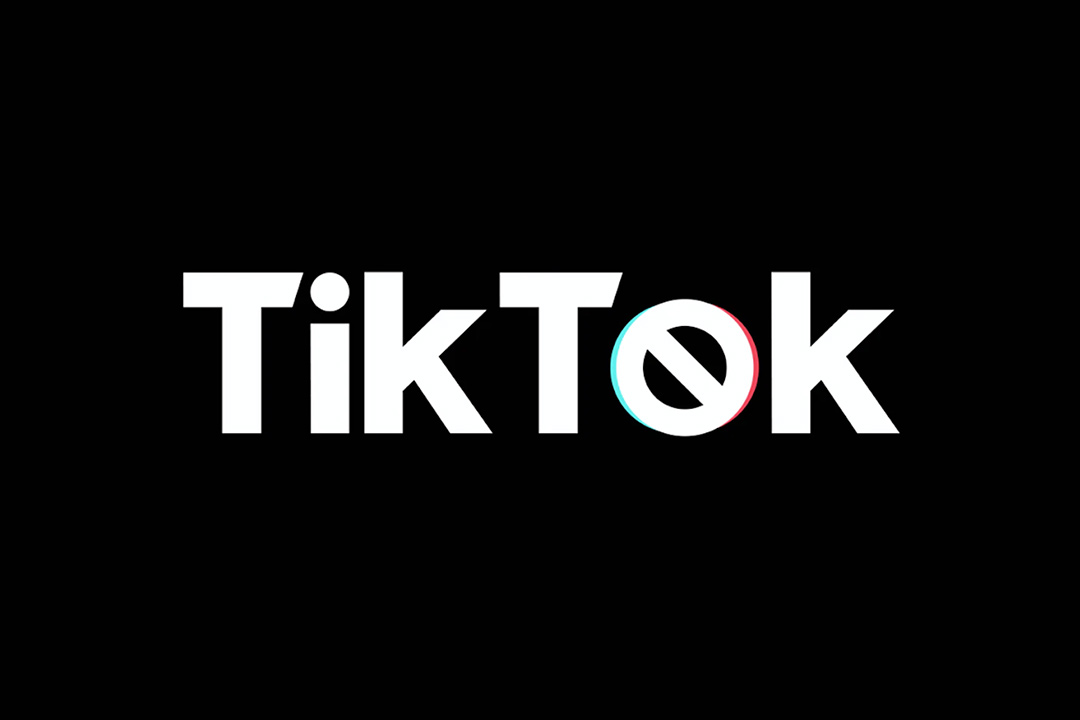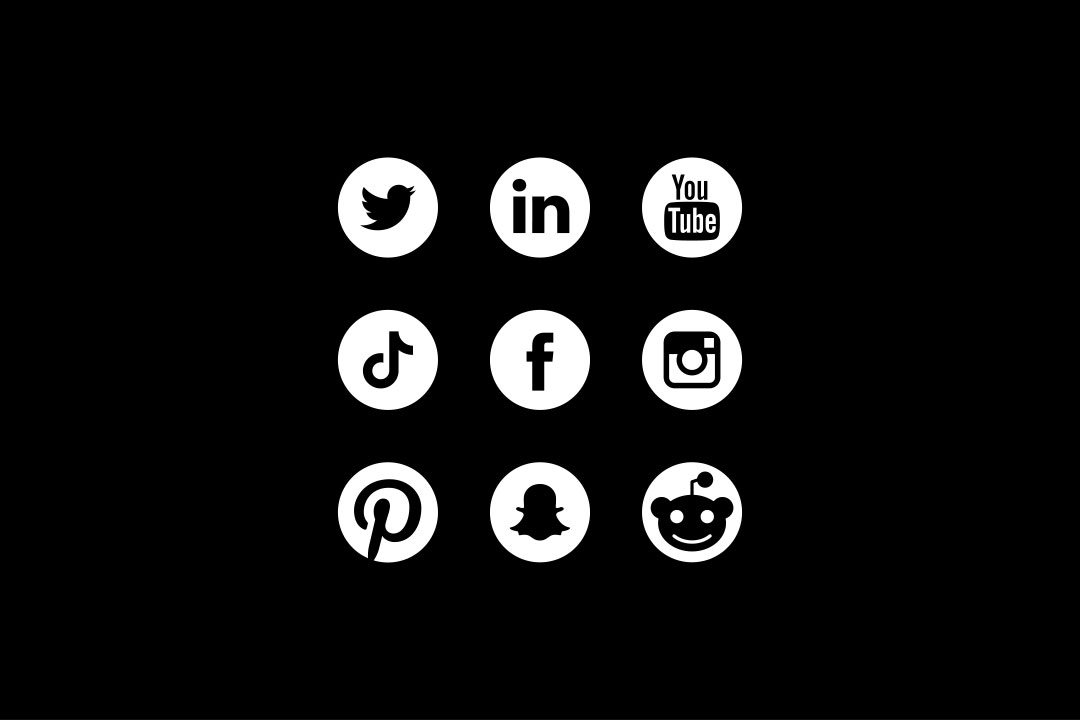Technology is advancing at a seemingly unstoppable rate. From kiosk ordering, to automated food assembly lines, to deliveries via drone, new technology is everywhere and isn’t slowing down anytime soon. The robots are coming and as a tech nerd and advertising professional, I, for one, am happy to welcome our new robot overlords if it means my life is going to be more like a sci-fi movie. Thanks to the smart speaker in my living room, my house is well on its way to resembling the set of Star Trek film. I can set my thermostat, turn lights on and off, and watch Netflix with just my voice. This isn’t a drill; we are living in the future.
Smart speakers are essentially a beefed up version of a virtual assistant like Apple’s groundbreaking Siri voice assistant. Siri launched on the iPhone in 2011 and laid the early groundwork for voice search by training consumers to interact with their devices in a new way. ComScore reports that 40% of adults use voice search on a daily basis and by 2020, 50% of all searches will be voice searches. Voice search, which once felt awkward and arduous, is now second nature to many consumers.
In late 2014, Amazon launched the first smart speaker, the $180 Echo. The Echo is powered by Amazon’s Alexa virtual assistant. Among other things, the Echo can order physical and digital items from Amazon, play music, control smart home tech, and perform internet searches. Amazon now has two additional versions of their smart speaker; the $50 scaled down Echo Dot and the newly released $230 Echo Show that includes a video display that can be used to watch Amazon videos, show weather forecasts or even security camera feeds. Due in part to their head start on competitors like Google, Amazon is the current leader in the smart speaker segment.
Google Home came on the market about 2 years after the Amazon Echo and is gradually adding features to rival the Echo. Priced at $130, the Google Home speaker is significantly cheaper than the standard Amazon Echo. Powered by Google’s robust and omnipresent search engine, the Google Home does the same basic things that the Echo does but also touts an ability to understand conversational search requests. Gone are the days of remembering specific and rigid command lingo. Want to know if the Cleveland Indians won tonight? Just ask, “Hey Google, did the Tribe win?” Google’s AI search engine has the ability to learn context and make inferences about your questions. This allows the Google Home to fit more seamlessly into your daily life.
Even Samsung may be getting into the smart speaker business with the rumored launch of a smart speaker based on its new Bixby virtual assistant. Details about this smart speaker are still sparse but it will certainly be interesting to see if Samsung (the #1 selling phone brand in the world) can convince their users to migrate to their smart speaker and virtual assistant ecosystem at this relatively late point in the game.
Recent rumors of a cheaper, smaller Google Home in the fall of 2017 and a potential Samsung entry into the smart speaker arena suggest that this segment is only going to continue growing. With some pretty intense competition between powerhouses like Amazon and Google (and possibly Samsung), it’s clear that there is a lot potential for smart speakers. When Amazon released its lower cost Dot in 2016 they saw it become the #1 selling item of the holiday season. There’s no reason to believe that the same thing won’t happen with a smaller, cheaper version of the Google Home this holiday season.
While the Echo was initially most useful for consuming Amazon content, over time it and the Google Home have grown to serve roles beyond the more primitive, gimmicky uses like asking Alexa to tell you a joke or simple internet search queries. Smart speakers have evolved into the brains of the modern home—they can play nearly any song you can think of, place phone calls, control your smart home, update you on your daily schedule—and of course they can still tell you a knock-knock joke if you are ever in desperate need of a chuckle.
But perhaps more important than smart speakers’ rapidly evolving features and capabilities is consumers’ attitudes towards them. Are people buying and using them? Have these little speakers really changed consumer behavior?
A recent report by NPR and Edison Research suggests that approximately 7% of homes in the US have a smart speaker. Among smart speaker owners, the #1 use is listening to music. 70% of smart speaker owners say they actually listen to more music because they own a smart speaker and 83% of smart speaker owners say they are using their smart speakers as much or the same amount of time as the first month they bought the speaker. The numbers suggest that people are consuming more media with the smart speaker and are continuing to use them after purchase—no small feat for a new technology product. 42% of owners even described their smart speakers as an “essential” part of their homes that are used regularly for an average of 7.5 unique tasks. It’s not just a fad; people are using these devices in their everyday lives and as they become more affordable, they seem to be more likely to increase in ubiquity.
SMART SPEAKER OWNERS
Compared to the first month of ownership, are you now using your Smart Speaker:
Many brands have already embraced smart speakers as a way to engage the consumer. You can use your smart speaker to order a Pizza Hut or Dominos’ pizza, control your Nest Thermostat or Philips Hue lights, and in a move that is a clear response to the ability to order Amazon items through the Echo, Google has recently announced a partnership that will allow Home users to order items from Walmart and have them shipped directly to their homes. The list of companies working with smart speakers and voice assistants is growing by the day.
Using smart speakers as an advertising medium is currently an evolving concept. At this writing, both Google and Amazon are still working out ways to properly monetize their smart speaker systems. The prospect of speaking (very) directly to individual consumers that you have mountains of personal data on is certainly an appealing idea for most brands.
In these early days of smart speaker advertising, there have already been some examples of brands enhancing their advertising with smart speaker content. Perhaps most famously, Burger King ran a :15 TV spot that suggested 15 seconds was not enough time to tell you what you need to know about the Whopper. The spot ends with A Burger King employee asking, “OK Google, what is the Whopper burger?” If you had a Google Home speaker within earshot, you were then treated to a recitation of the Wikipedia entry for the Whopper.
This, in theory was a pretty clever (if not slightly intrusive) way to capitalize on this new technology. Unfortunately for Burger King, Wikipedia is editable. It didn’t take long for the wonderful people that populate the internet to edit the Whopper Wikipedia listing to deliver some, shall we say, less than desirable results for the burger chain. This ad was also run without any sort of cooperation from Google or Wikipedia. Neither company was too pleased about their involvement in the ad. It took Google less than a day to shut down the search capability of the ad. It would seem that Google wasn’t too keen on Burger King using their product in a way that could be seen as an invasion of their customers’ privacy. There’s a lot of potential here, but it’s important (especially in these early stages) to use this new technology carefully and responsibly.
It would appear that both Amazon and Google are taking their time to best determine how these avenues can be monetized without violating the trust of the consumers they are constantly gathering data on. In March (after some swift public backlash) Google removed an ad for Beauty and the Beast that was built into the Home’s daily briefing. Similarly, Amazon has recently told its outside app developers they can no longer work advertising into their third party skill commands for the Echo, meaning any upcoming advertising in the Echo ecosystem will most likely be run directly through Amazon and not individual apps.
There’s a good chance that whatever form advertising through smart speakers takes in the near future, it will be less traditional than a standard :10 audio spot promoting a product. Perhaps it will be something like your daily news update being “brought to you by CNN,” or a discount movie ticket offer from Cinemark after a movie showtime search. We may not yet know what advertising through smart speakers will look like, but it’s safe to assume that people at Google and Amazon are working hard to capitalize on this opportunity.
At Ron Foth Advertising we are constantly keeping an eye on the future and learning how to best use new technologies to help our clients. If you are interested in learning about how you can make our new robot overlords work for you by integrating cutting-edge technology into your business, connect with us at Ron Foth to learn more!
Sources:
http://www.jodynimetz.com/21-stats-about-voice-search-that-you-never-knew
https://www.thenational.ae/business/the-five-most-popular-smartphone-brands-in-2016-1.85371
https://www.emarketer.com/Article/Amazon-Echos-Holiday-Sales-Hint-Huge-Market-Come/1014957
http://www.npr.org/2017/06/22/533980600/npr-and-edison-research-release-the-smart-audio-report
https://www.youtube.com/watch?v=U_O54le4__I
http://www.bbc.com/news/technology-39589013
http://bgr.com/2017/03/17/google-home-audio-ads-beauty-and-the-beast/






